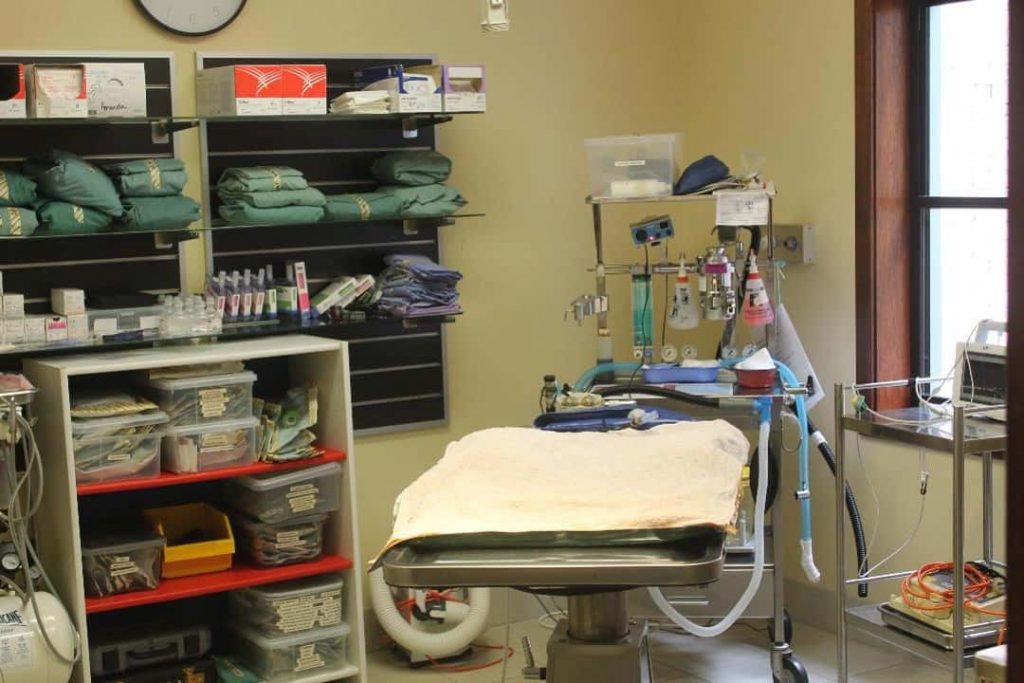Services
Surgery – preparing you and your pet
What do I need to do before surgery?
- At least 12 hours before your pets’ surgery it is important all food is removed. This is important as food in your pets’ stomach at the time of anaesthetic induction can cause your pet to vomit and aspirate into their lungs causing a serious life threatening condition called pneumonia.
- Water can be given up to the time you leave to take your pet to the vet. Water leaves the stomach a lot quicker than solid food and ensures your pet has good hydration.
- Give any medication your vets recommend.
What happens on the day of surgery?
- Allow at least 15 to 30 minutes to admit your pet for surgery.
- On arrival at the vet hospital, a nurse or receptionist will ask to read and sign a permission for surgery or treatment form.
- On the form you are agreeing to
- what procedures/treatments will be performed,
- an estimate (it is difficult to give a fixed amount for most procedures and treatments as every pet is slightly different).
- the risks of the surgery.
- Pre-anaesthetic blood tests- which helps check liver, kidney and red blood cell levels (normal organ function is important to clear anaesthetic drugs)- this helps ensure a safer anaesthetic.
- Your pet will then be taken to the pre-surgery area to have all their vitals checked including heart, lungs and temperature.
- You pet is given a sedation and pain relief to help them relax and reduce pain before surgery starts.
- The hair on one or both legs are clipped to ensure easy and clean access to the vein in their leg so fluids and anaesthetic drugs can be easily given.
- The area where the surgery will be performed will be clipped to remove fur/hair.
What questions should I ask about my pet’s surgery?
- Should I give any medications on the day they have the surgery?
- What are the risks to my pet having the surgery?
- What post-operative care and medication is required?
- How do I stop my pet licking their wound after surgery?
- Do I need to keep them confined after surgery and for how long?
- When do I need to come back for a recheck?
Pet surgery seems expensive, why is that?
- Veterinary hospitals invest a lot of money in expensive equipment.
- They have the same equipment as a small country human hospitals including anaesthetic machines, surgery tables, sterile surgery rooms, fluid pumps, laboratory equipment and x-ray machines.
- A pet surgery is usually 1/10th of the price for the same or equivalent human surgery, but requires the same skills and equipment.
- Compare for example, the cost of a cruciate (knee) surgery in humans which costs around $30,000 whilst the same surgery in a large dog costs around $3,000.
- In human medicine there is Medicare and private health insurance to help pay for all or most of the cost of human health care.
- By taking out Pet insurance when your pet is young, you can minimise unplanned vet expenses.
